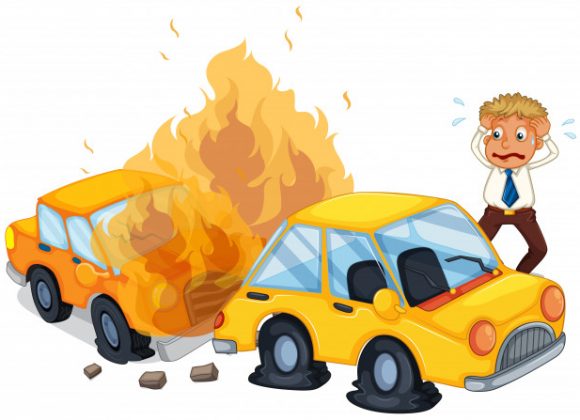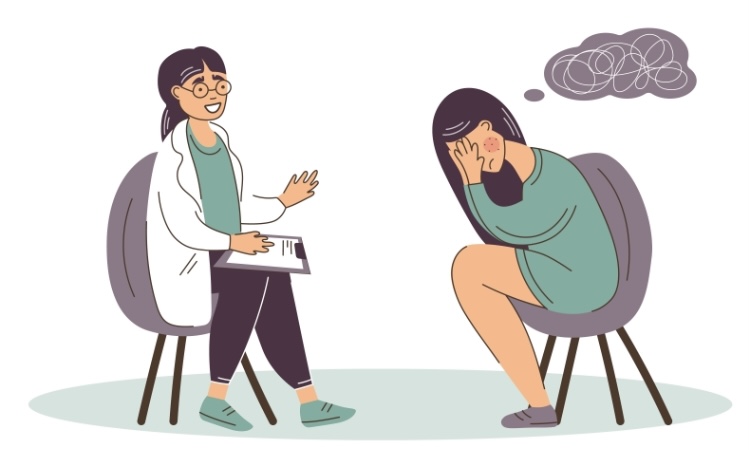Post-Traumatic Stress Disorder

(PTSD) includes a cluster of symptoms that begin and persist after a person has survived, or in some cases witnessed, a severely traumatic or life-threatening event. Because trauma puts us on high alert, it can lead to neurochemical changes.
In some cases, memories of trauma become difficult to process while anxiety increases, all causing the individual to re-experience the feelings associated with trauma as if it were occurring in the present.
Signs Of Post-Traumatic Stress Disorder…

Signs of PTSD can range from flashbacks to nightmares, panic attacks to eating disorders and cognitive delays to lowered verbal memory capacity. Many trauma survivors also encounter substance abuse issues, as they attempt to self-medicate the negative effects of PTSD
Just as not every trauma survivor will develop PTSD, not every individual with PTSD will develop the same signs – and rarely do all the signs exist in one individual.
Experts have created three categories (or “clusters”) of PTSD symptoms, falling into the categories of re-experiencing the traumatic event, avoidance of reminders of the traumatic event and responses of hyperarousal. PTSD symptoms will generally persist for at least a month and for many survivors, these signs represent their first struggles with anxiety.
Some of the most common symptoms of PTSD include the following…

- Intense feelings of distress when reminded of a tragic event
- Extreme physical reactions to reminders of trauma such as a nausea, sweating, or a pounding heart
- Invasive, upsetting memories of a tragedy
- Flashbacks (feeling like the trauma is happening again)
- Nightmares of either frightening things or of the event
- Loss of interest in life and daily activities
- Feeling emotionally numb and detached from other people
- Sense of a not leading a normal life (not having a positive outlook of your future)
- Avoiding certain activities, feelings, thoughts, or places that remind you of the tragedy
- Difficulty remembering important aspects of a tragic event
A person who describes his or her PTSD may say something similar to this…

- “I don’t want to think (or talk) about it.”
- “I can’t get it out of my head.”
- “I feel like I’m losing my mind.”
- “I keep having panic attacks.”
- “I feel like it keeps happening over and over again.”
- “I don’t want to go out/see friends/visit loved ones/participate in activities.”
- “I just feel numb.”
- “My life is not normal anymore.”
- “I can’t remember what happened.”
- “I keep having nightmares
When to seek medical advice…

It’s normal to experience upsetting and confusing thoughts after a traumatic event, but most people improve naturally over a few weeks.
You should visit your GP if you or your child are still having problems about 4 weeks after the traumatic experience, or if the symptoms are particularly troublesome.
If necessary, your GP can refer you to mental health specialists for further assessment and treatment.
How is PTSD treated?

PTSD can be successfully treated, even when it develops many years after a traumatic event.
Any treatment depends on the severity of symptoms and how soon they occur after the traumatic event.
Any of the following treatment options may be recommended…

- watchful waiting – monitoring your symptoms to see whether they improve or get worse
- Antidepressants
- Psychological therapies – such as trauma-focused cognitive behavioural therapy (CBT) or eye movement desensitisation and reprocessing (EMDR)
